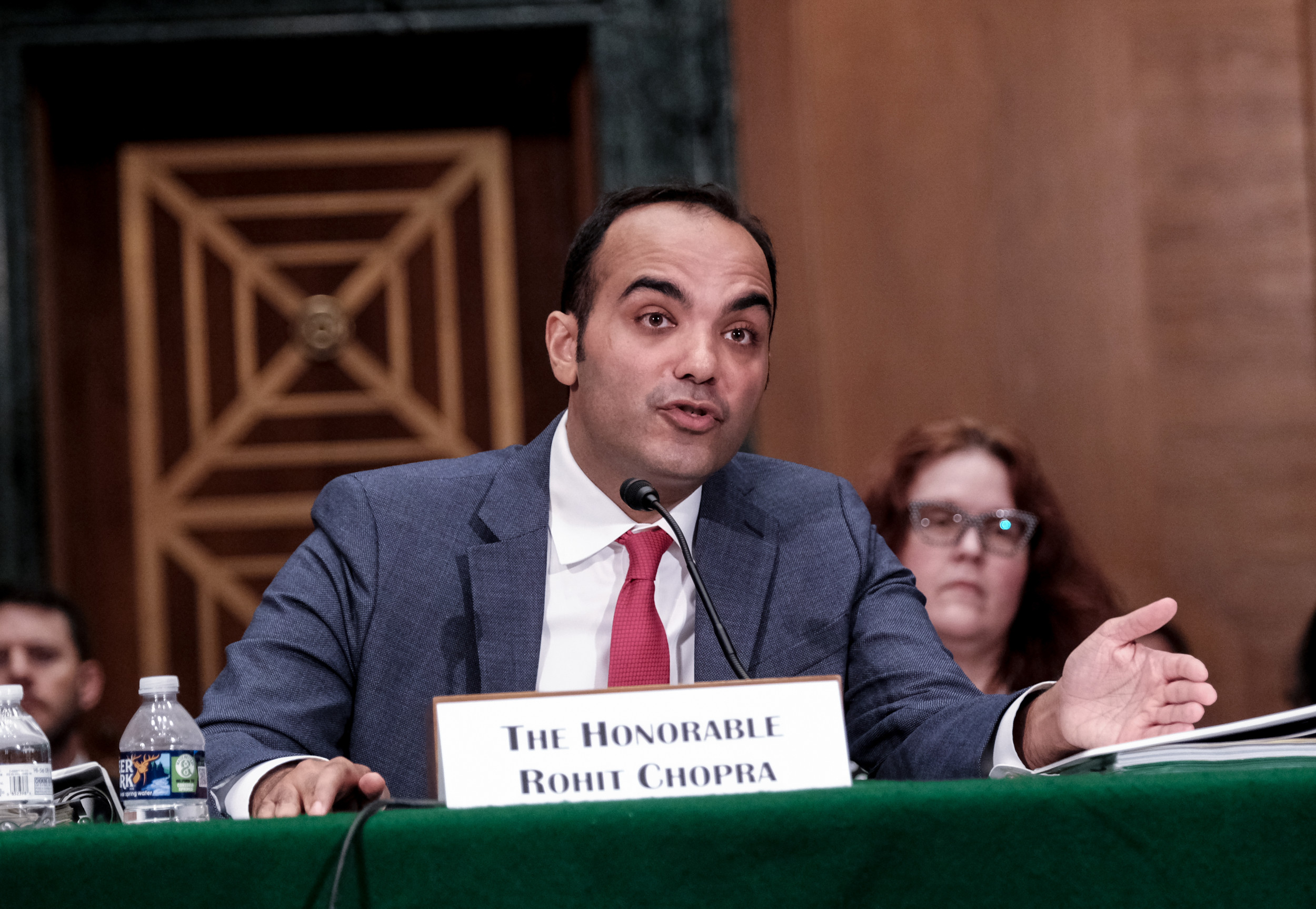I arrived in the United States in 2000 to attend Vanderbilt University. I was 17. As a Venezuelan American with a U.S. passport, it was a no-brainer for my family.
Hugo Chavez, a charismatic leader who vowed to fight poverty and curb the power of the elite, had been elected president. His socialist rhetoric stoked fear among many middle to upper class Venezuelans, my family included. Invoking what happened to Cuba as a proxy for Venezuela's future, my father encouraged me to head north. And so I did.
My father and brother stayed back. As owners of a cattle farm, their daily lives—while significantly disrupted—remained arguably stable, privileged even, when compared to many Venezuelans. With one of the world's highest inflation rates, about three quarters of the nation's population lives on less than $1.90 a day. Many lack access to electricity and clean, running water.
These conditions have led to the largest displacement of people in the Western Hemisphere, comparable to the Ukrainian refugee crisis.
Today, out of a country of 28 million, around 6.8 million Venezuelans—more than a fifth of the country's population—live outside the nation's borders.
Since August 2022, Venezuelans have now surpassed Guatemalans and Hondurans to become the second-largest nationality stopped at the U.S. border after Mexicans. In this year alone, more than 154,000 Venezuelans arrived to the U.S. Southern Border, a 216 percent increase from the entire previous year. Many come to the U.S. seeking escape from the nation's crushing poverty and violence under Nicolás Maduro's authoritarian government.
Instead, they have become trapped in a xenophobic passion play enacted by Republican governors and the White House.
Last month, at the initiative of Florida Governor Ron DeSantis, about 50 refugees, many of them from Venezuela, were sent on chartered flights from Texas to Martha's Vineyard. Most of them had just endured a monthslong saga traversing the lawless and roadless Darien Gap before continuing through Central America and into Mexico, a journey that culminates in the treacherous crossing of the Rio Grande. Some never make it.
Although the global pandemic and border restrictions temporarily slowed the influx of migrants, Venezuelan migration is back on the rise. Many Venezuelans walk over 2,500 miles from the country's western border to the U.S.' southern border in the hope of being granted political asylum under the Biden administration. After all, up until last week, Venezuelans who entered U.S. territory from Mexico could not be sent back across the border; they were part of a list of nationalities that Mexico would not accept. Nor can they be deported to Venezuela; strained diplomatic relations between the U.S. and the Venezuelan government make it difficult—if not impossible—for newly arrived Venezuelans to be sent back home.

While DeSantis' move reflects the depravity and indifference that characterizes U.S. immigration policy at the Southern Border, equally troublesome is the silent acquiescence of the Venezuelan diaspora living in the United States, many of whom support more conservative positions that complicate the process for recent Venezuelans to resettle and achieve political recognition.
Although a possible explanation for this phenomenon may lie in the tendency of new immigrants to adopt more conservative social views, there may be a better explanation for the lack of outrage from the Venezuelan diaspora in the United States, one that lies in the complex intersections of race, class, and populism.
The Venezuelan diaspora living in the United States could be considered a microcosm of the country's harshly divided political landscape and its corresponding social and racial categories. Many Venezuelans in the U.S. presumed that the first wave of migrants were highly educated, law-abiding, and middle to upper class, while characterizing the recent "asylum seekers" as criminal, delinquent, and leftist.
In other words, many within the diaspora are telling the world they are not that kind of Venezuelan. They are not socialists, and they do not share the same racial and class identity as those chavistas. These accusations and social fissures are not new to Venezuelan politics; it is a remix of old tensions playing out on a new turf.
To be sure, a diaspora is never a monolithic entity that speaks in one voice. Some U.S. Venezuelans rushed to condemn the flights, calling them "a new low," while others joined legal advocacy groups preparing lawsuits against DeSantis. Many, however, including the Republican Venezuelans who admire DeSantis for his conservative policies, said it was a necessary decision in the face of pressure to increase immigration controls.
Unfortunately, too many Venezuelans living in the United States, including many of my own family, say very little, a gesture that constitutes a political statement on its own. Having acquired the right to vote in the United States, they continue to elect GOP leaders such as Donald Trump, DeSantis, and Texas Governor Greg Abbott into positions of power. In the process, they only exacerbate the harm done to a population making the same journey toward opportunity, freedom, and prosperity.
Erica Eva Colmenares is a Public Voices Fellow with The OpEd Project, and an assistant professor of humanities at San José State University. She is Venezuelan American.
The views expressed in this article are the writer's own.
Uncommon Knowledge
Newsweek is committed to challenging conventional wisdom and finding connections in the search for common ground.
Newsweek is committed to challenging conventional wisdom and finding connections in the search for common ground.





